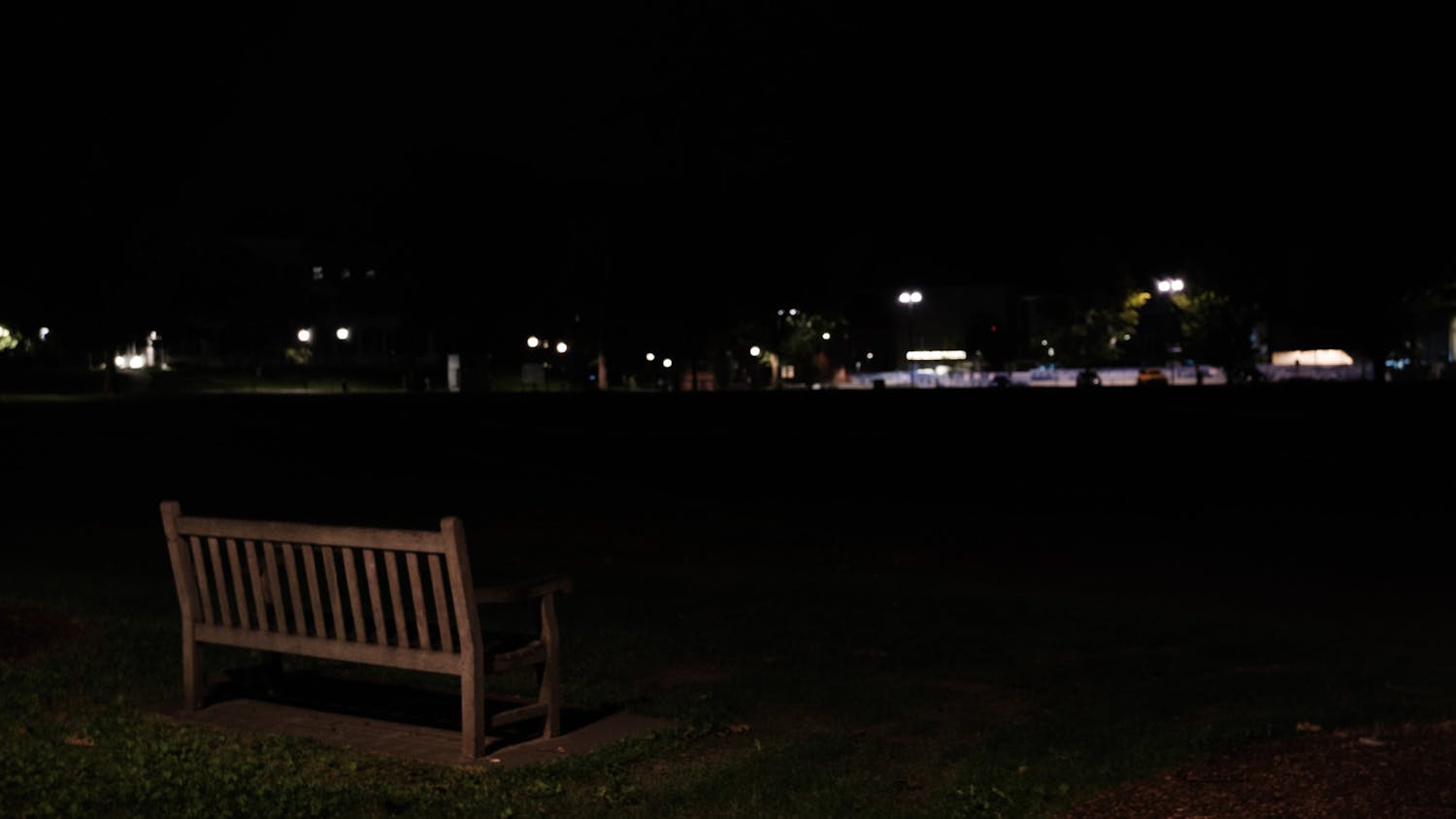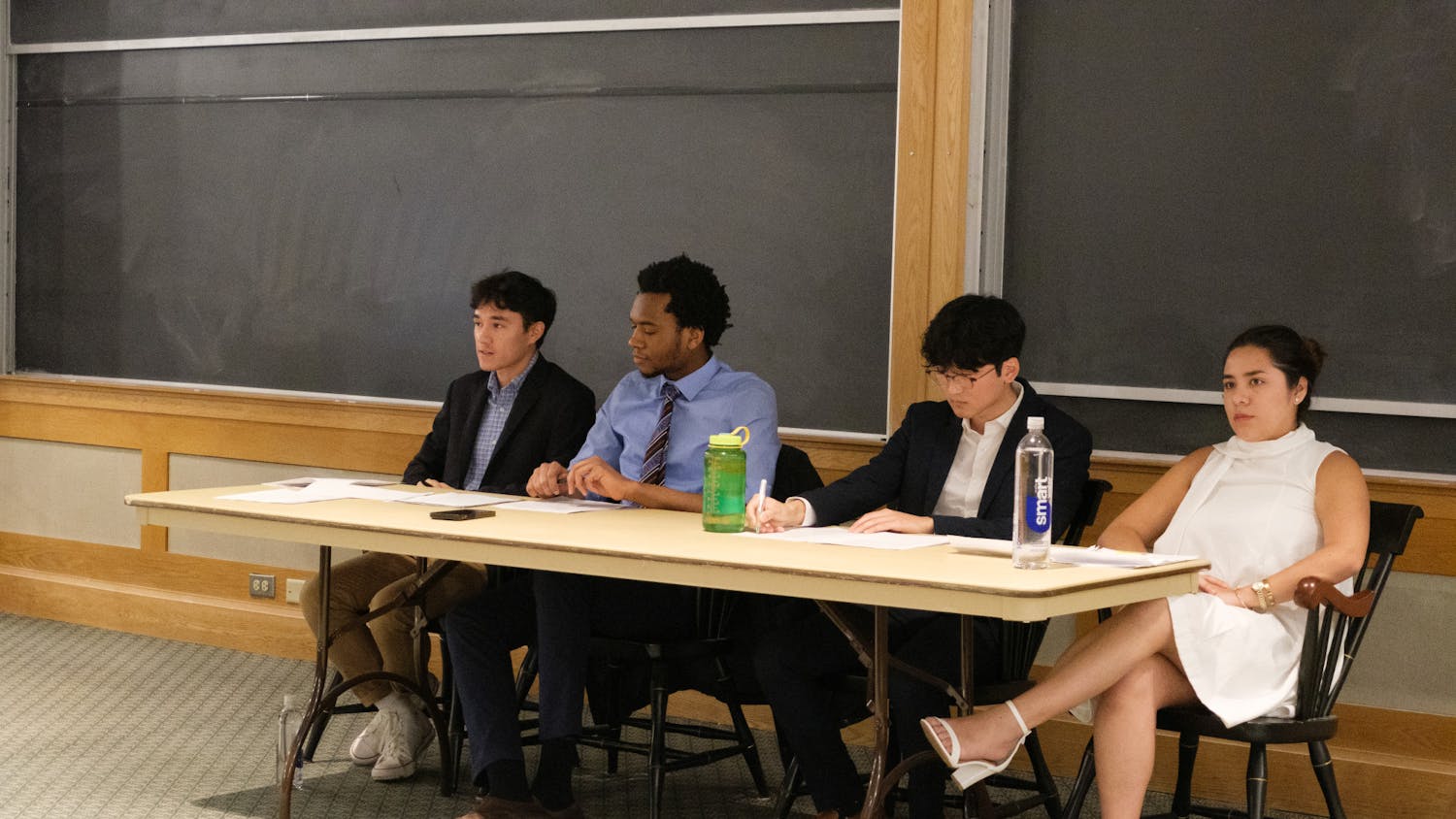The only Ivy League school to still consider applicants' finances in its admissions process, Brown University, is moving toward a need-blind policy that, if initiated, will eliminate all consideration of economic status in admission to the country's most selective league in higher education.
Brown was forced to rescind its need-blind policy 10 years ago, when the amount of grant aid was rising more rapidly than either tuition income or other university expenses. Under current policy, Brown admits 90 percent of its students irrespective of their ability to pay, and offers the remaining spots only to students who can afford to pay full tuition on their own.
But last winter, following the requests of vocal student groups, Brown's former president convened a high level committee to study how the school could achieve need-blind admissions.
And the committee's recently released report, known as the Apler report after the trustee who headed it, suggests that Brown adopt an implementation plan that would allow the university to be need-blind in eight years.
"It's been an institutional goal for a long time," Brown's Director of News Service Mark Nickel said. "But it's not something that can be done overnight."
Indeed, under the plan Brown would admit all incoming first-year students on a need-blind basis beginning with the class of 2005, and would therefore increase financial aid starting next year.
The estimated cost for all four classes would be an additional $6 million a year.
Need-blind policies first emerged in the late 1960s and early 1970s with the increased cost of higher education combined with the new recognition of diversity concerns and growing federal aid to universities, according to Dartmouth's Dean of Admissions and Financial Aid Karl Furstenberg.
Since then, the trend among selective colleges and universities has been to make themselves less financially selective.
But still only a tiny number of institutions provide both need-blind admissions and the guarantee of financial aid packages, specifically those that can afford it. Brown has the smallest endowment in the Ivy League.
At Dartmouth, need-blind has long been the policy.
"They're really a couple of considerations that drives this," Furstenberg said. "One is a consideration of principle, so there's a kind of philosophical, equity, fairness dimension to it.
"And the second dimension is that we want to have a strong student body, and need-blind fits into that. And the third consideration is a financial one," he continued.
At Brown, the Apler committee is by no means the first to review financial aid issues. Virtually since the dismantling of its need-blind practice, the school has looked for ways to restore it.
But never before has a committee concluded that the cost of such a policy would be worth the benefit that only a relatively small number of students would receive.
Even the Apler committee wasn't unanimous in its decision. While a majority of its members did recommend the eight-year timetable, some felt the university should earmark its limited financial resources to other causes.
But the consensus, both among committee members and undergraduates, was that Brown is now in a financial position to reconcile its admissions policy with its institutional goals.
Last year, the Undergraduate Council of Students conducted a poll of 100 undergraduates. More than 60 percent of the students responded that financial aid should be the university's top priority, and 70 percent said they were aware that Brown was not need-blind when they applied.



